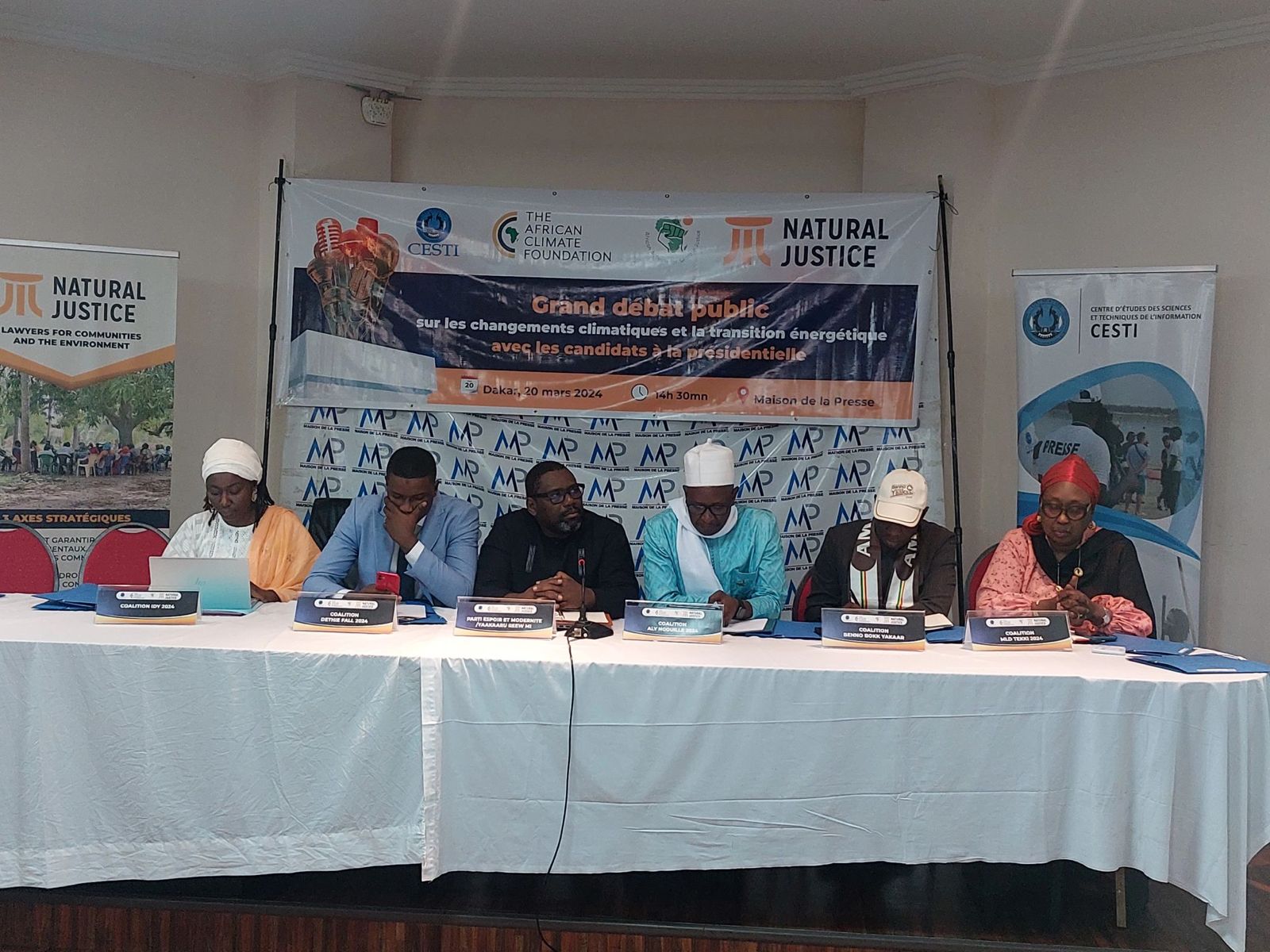A push for the end to coal-fired power is gaining traction in Glasgow, Scotland, at the ongoing COP26 climate action negotiations, as more countries pledge to phase out coal power and end support for new coal power plants.
If the world is to meet its target of keeping global warming under 1.5℃, the most ambitious goal in the 2015 Paris Agreement, it means slashing global emissions by almost half by 2030 and to “net zero” by 2050. Coal is the single largest contributor to climate change. The burning of coal produces 27% of the world’s carbon dioxide emissions, according to the International Energy Agency.
The COP26’s UK host had set a goal of “consigning coal to history” and to “keep 1.5℃ alive” at the talks. The UK government hoped a formal commitment to the end of coal-based power would give impetus to the host’s hopes of a stronger deal. The Paris agreement, the global climate deal signed in 2015, does not explicitly mention the need to stop using fossil fuels and the UK hopes that this year’s conference will boost that ambition.
About 200 countries and institutions have pledged to end coal-based power. Wealthy countries committed to phasing out coal around the 2030s “or as soon as possible thereafter”, and developing nations shifted their goal post to the 2040s.
The pledge is backed by five of the biggest 20 coal power users: South Korea, Indonesia, Vietnam, Poland and Ukraine. Indonesia’s involvement is significant as the world’s largest thermal coal exporter. The inclusion of Poland, Europe’s most coal-dependent nation, is also a feather in the cap of the pledge, as its coal industry wields considerable political and economic influence in the country.
South Africa, Africa’s largest emitter, is not among the signatories at this stage. But the country, which generates 90% of its energy from coal, has committed to gradually phasing out coal in its economy, if it receives the necessary climate funding. It aims to have net zero carbon emissions by 2050.
Australia, which has a mining intensive economy, has also shied away from the coal commitment. The Guardian reported that Australia’s emissions reduction minister Angus Taylor, commenting on the pledge, said Australia “would not wipe out industries”.
Apart from the timeframes to move away from coal, the full statement commits the signatories“to support other countries to do the same.” It also commits the nations to stop issuing permits or support for new coal-fired power generation.
A separate group of countries, including the US, Canada and the UK, pledged to end overseas investment in coal, oil and gas by the end of next year. Neither statement was signed by Australia, China, Japan or India.
The UK’s Business and Energy Secretary Kwasi Kwarteng said that the end of coal was in sight.
“The world is moving in the right direction, standing ready to seal coal’s fate and embrace the environmental and economic benefits of a future that is powered by clean energy.”
Delegates at the climate talks had mixed feelings about the coal phase-out pledge. Some said it was a significant step that would have defied belief just a few years ago.But critics pointed out that for the world to stay within the 1.5℃ target, rich countries should phase out coal before 2030, rather than in the 2030s.
Elif Gündüzyeli, senior coal policy coordinator at the campaign group Climate Action Network Europe, had a lacklustre response to the pledge.
“This is not a game-changer. A 2030 phase-out deadline should be a minimum, and this agreement doesn’t have that. Coal is already expensive compared with renewable energy, and no one wants to put money in coal any more.”
But Dave Jones, global lead for the climate think-tank Ember, said the commitment would help to shift entire continents to phase out coal.
“This is such a big deal because by far the biggest gap in ambition to get to 1.5℃ is a short-term collapse in coal generation.”



